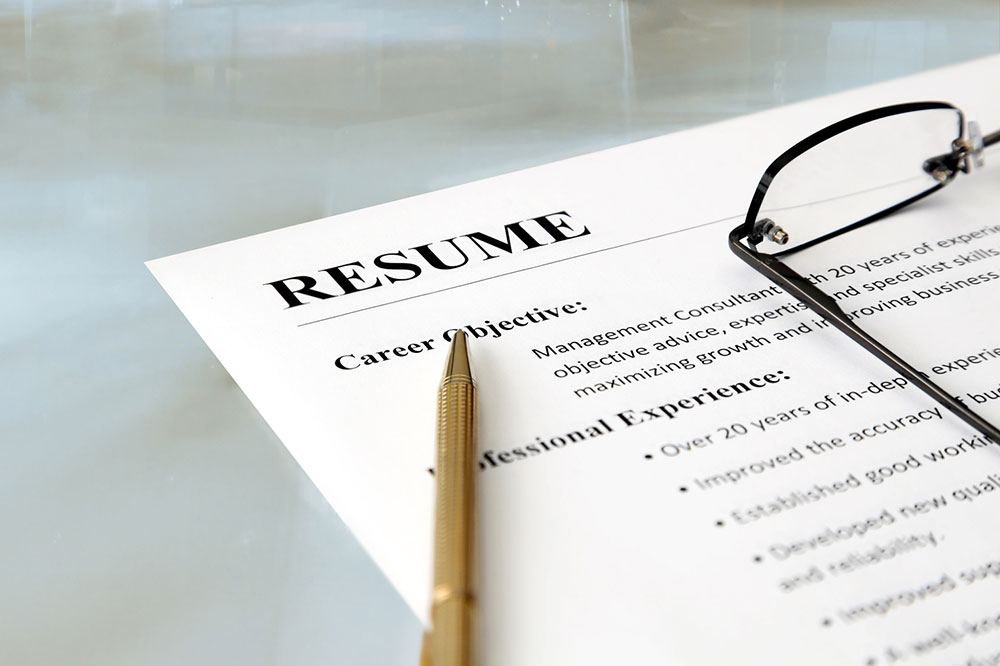Ultimate Guide to Finding and Using Effective Resume Samples for Job Success
Discover comprehensive tips for finding and utilizing effective resume samples to boost your job prospects. Learn what to include, avoid, and where to find top templates. Enhance your resume with expert advice that increases your chances of landing interviews across various industries.

Ultimate Guide to Finding and Using Effective Resume Samples for Job Success
Looking for the best resume examples to boost your job application? Here's everything you need to know
Crafting an impressive resume is one of the most critical steps in securing your dream job. Your resume serves as your first point of contact with potential employers, providing a snapshot of your skills, experience, and professional background. Therefore, understanding how to find and utilize effective resume samples can significantly increase your chances of landing interviews.
Most hiring managers and HR professionals prioritize clarity, conciseness, and relevance when reviewing resumes. As a rule of thumb, aim to keep your resume to one page, or two pages if you have extensive experience. Ensuring that your resume layout is clean, easy to scan, and highlights your most impressive qualifications swiftly will help recruiters recognize your potential at a glance.
Online resources abound with resume templates that adhere to these best practices, offering candidates a variety of options to craft their personal branding effectively. These templates are not just visually appealing but are also structured to help the applicant present essential information efficiently, making the screening process smoother for HR teams. A well-designed, succinct resume communicating your value proposition effectively is key to attracting employer attention.
Creating a targeted and concise resume that emphasizes your strengths can considerably enhance your chances of success. Here's a comprehensive overview of what to include and what to avoid when preparing your resume to make sure it meets industry standards and attracts hiring managers.
Essential Sections Every Effective Resume Should Contain
Contact Information – Your full name, active phone number, professional email address, and, optionally, a LinkedIn profile URL. Ensure these details are accurate and professional to facilitate easy contact.
Professional Title – Clearly state your current or desired role. This helps recruiters instantly understand your career focus and relevance to the position they’re filling.
Professional Summary or Objective – A brief paragraph summarizing your career goals, key skills, and how you can add value to the company.
Work Experience – List your relevant job roles with clear titles, company names, dates of employment, and bullet points highlighting your key achievements and responsibilities. Focus on quantifiable results to demonstrate your impact.
Education – Include your degrees, certifications, and training programs relevant to the job. Mention the institution, graduation date, and any honors received.
Skills – Highlight technical, soft, and industry-specific skills. Tailor this section to match the requirements listed in the job description.
Awards and Recognitions – Showcasing awards, recognitions, or notable achievements can differentiate you from other candidates.
Additional Sections – Depending on your background, include sections for publications, volunteer work, professional development, or hobbies if they add value.
What to Steer Clear of in Your Resume
Personal Details Unrelated to the Job – Avoid including information such as age, gender, religion, marital status, political affiliation, or other personal identifiers that are not relevant and may lead to bias.
Salary Expectations – Leave salary discussions for later stages of the hiring process unless specifically requested.
Irrelevant Skills or Experience – Focus on skills and experiences that directly relate to the target role. Outdated or unrelated abilities can clutter your resume and dilute your message.
Negative or Unprofessional Language – Never include negative comments about previous employers or roles. Keep tone positive and professional.
Top Online Resources for Resume Templates and Samples
CV Maker – A user-friendly platform offering customizable resume templates suitable for various industries.
SlashCV – Provides a wide selection of professional resume samples tailored to different career levels.
ResumUP – Features visually engaging templates that showcase your career journey creatively.
ResumeMaker – Offers tools for building tailored resumes with guidance on each section.
Canva – Known for its stylish templates and easy customization options, ideal for creative roles.
Resume Companion – Provides helpful tips and samples aligned with current hiring trends.
Leading Platforms for Professional Resume Building
Enhancv – Offers highly customizable, professional templates along with social media integration. This is a paid service that helps create standout resumes.
VisualCV – Known for elegant, editable templates that can be tailored for a polished look; free to use with optional premium features.
Up To Work – A paid platform offering multiple templates crafted by professionals, plus detailed guidance for each section.
Ladders – Specializes in resume formatting and content suggestions, allowing users to upload existing resumes for feedback and finalizing with pattern options.
Does Investing in Paid Resume Samples Guarantee an Interview?
Paid templates often feature unique, professionally designed formats that can help your resume stand out from the competition.
However, superior design alone does not guarantee success. The quality of your resume’s content—the language, achievements, and relevance—is crucial.
Aligning your resume with the expectations of the target employer and customizing it for each application remain the most effective strategies, whether you use free or paid resources.





